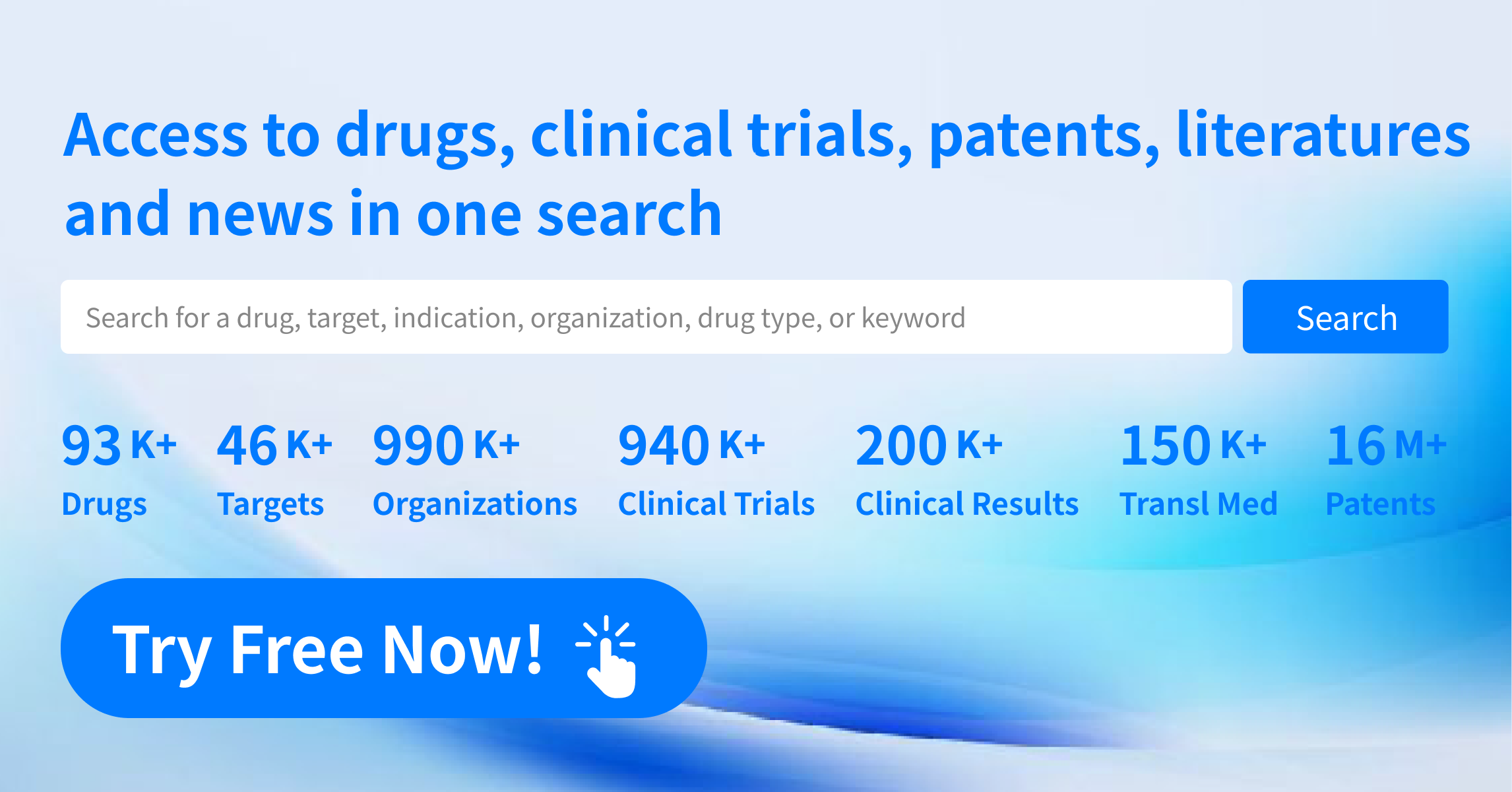Junshi Biosciences' Toripalimab Gets sNDA Approval for 1st-Line Small Cell Lung Cancer
SHANGHAI, June 18, 2024 – Shanghai Junshi Biosciences Co., Ltd, a prominent biopharmaceutical company known for its innovative therapeutic developments, has announced the approval of a supplemental new drug application (sNDA) by the National Medical Products Administration (NMPA) for toripalimab (product code: JS001). This approval allows the use of toripalimab in combination with etoposide and platinum as a first-line treatment for extensive-stage small cell lung cancer (ES-SCLC).
Lung cancer is the leading cause of cancer-related deaths in China, with small cell lung cancer (SCLC) being the most aggressive form. SCLC represents approximately 15%-20% of all lung cancer cases, characterized by rapid progression and early metastasis, leading to a poor prognosis. SCLC is classified into limited-stage (LS-SCLC) and extensive-stage (ES-SCLC), with the latter having a median survival time of less than one year and a two-year survival rate of under 10%. This new approval addresses a significant unmet clinical need for ES-SCLC patients.
The sNDA approval is primarily based on results from the EXTENTORCH study (NCT04012606), a multicenter Phase 3 clinical trial. This double-blind, placebo-controlled study, led by Professor Ying Cheng from Jilin Cancer Hospital, aimed to evaluate the efficacy and safety of toripalimab combined with chemotherapy versus chemotherapy alone in treating ES-SCLC. Conducted across 51 clinical centers in China, the study demonstrated that the combination of toripalimab and chemotherapy significantly improved both progression-free survival (PFS) and overall survival (OS) in patients.
In May 2023, the primary endpoints of EXTENTORCH met the pre-defined efficacy criteria, making toripalimab the first PD-1 inhibitor globally to achieve primary endpoints for both OS and PFS in this context. The data was presented at the European Society for Medical Oncology (ESMO) Congress in October 2023, highlighting that toripalimab, when combined with chemotherapy, offers superior benefits compared to chemotherapy alone. Specifically, the median PFS for the toripalimab group was 5.8 months, reducing the risk of disease progression or death by 33.3% (P=0.0002). The one-year PFS rate was 18.1% in the toripalimab group, compared to 4.9% in the chemotherapy group. Additionally, the median OS for the toripalimab group was 14.6 months, with a 20.2% reduction in the risk of death (P=0.0327) and a one-year OS rate of 63.1%.
Professor Ying Cheng emphasized the significance of this development, noting that SCLC's aggressive nature and poor prognosis have long been challenges in oncology. The double primary endpoint design of the EXTENTORCH study and its positive results for both PFS and OS suggest that toripalimab combined with chemotherapy is a substantial advancement over traditional monotherapy. This approval provides ES-SCLC patients in China with a new, effective, and safe treatment option.
Dr. Jianjun Zou, General Manager and CEO of Junshi Biosciences, remarked on the company's commitment to lung cancer treatment, highlighting continuous investments in the development of new therapies. With three approved indications to date covering various stages and subtypes of lung cancer, Junshi Biosciences is also working on additional products and indications to further enhance treatment options for lung cancer patients.
Toripalimab, a monoclonal antibody targeting PD-1, blocks interactions with PD-L1 and PD-L2, thus enhancing the immune system's ability to attack tumor cells. Junshi Biosciences has conducted over forty clinical studies globally for toripalimab, targeting more than fifteen different types of tumors, including lung, nasopharynx, esophagus, stomach, bladder, and skin cancers.
In China, toripalimab was the first domestically produced anti-PD-1 antibody approved for marketing. It currently has nine approved indications in the Chinese mainland, with several included in the National Reimbursement Drug List (NRDL). The drug has also received approvals and designations in the United States, Europe, Australia, and Singapore, further establishing its global footprint.
Founded in December 2012, Junshi Biosciences focuses on developing innovative therapeutics across various medical fields, including cancer, autoimmune, metabolic, neurological, and infectious diseases. The company is committed to providing affordable and effective treatments for patients worldwide, operating with a significant presence in both China and the United States.
How to obtain the latest research advancements in the field of biopharmaceuticals?
In the Synapse database, you can keep abreast of the latest research and development advances in drugs, targets, indications, organizations, etc., anywhere and anytime, on a daily or weekly basis. Click on the image below to embark on a brand new journey of drug discovery!
